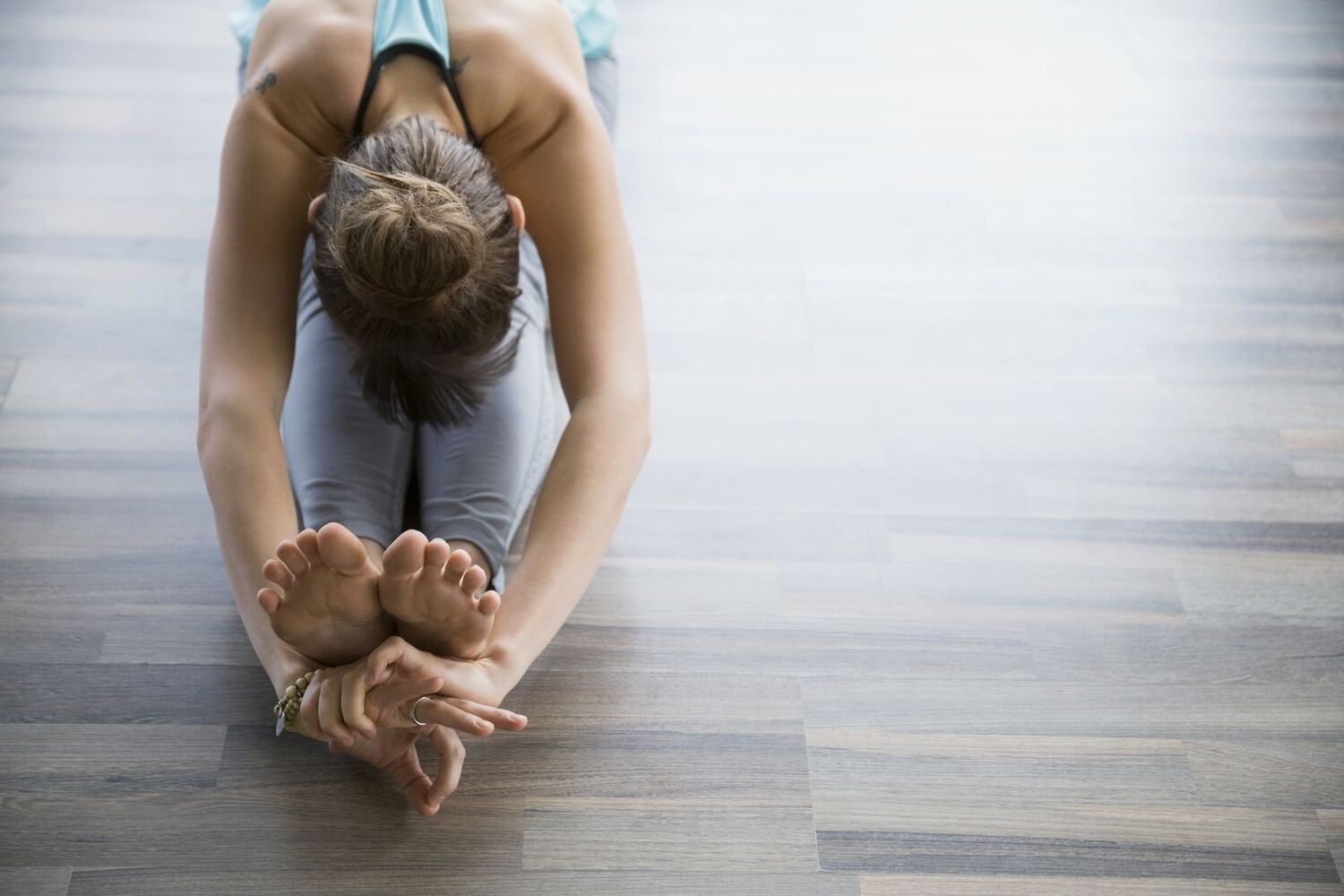
Flexibility is more than just being able to touch your toes. It's a vital part of overall health, impacting everything from athletic performance to daily comfort. Why is flexibility important? Flexibility helps prevent injuries, reduces muscle soreness, and improves posture. It also enhances your range of motion, making everyday tasks easier. Imagine reaching for something on a high shelf or bending down to tie your shoes without any discomfort. Stretching regularly can even boost your mood by releasing tension and stress. Whether you're an athlete or someone who sits at a desk all day, incorporating flexibility exercises into your routine can make a significant difference. Ready to learn more? Let's dive into 20 fascinating facts about flexibility that might just inspire you to stretch a little more each day.
What is Flexibility?
Flexibility refers to the ability of muscles and joints to move through their full range of motion. It plays a crucial role in overall physical health and can impact daily activities, athletic performance, and injury prevention. Here are some intriguing facts about flexibility that might surprise you.
-
Flexibility Varies by Age: As people age, flexibility tends to decrease. This is due to the natural loss of muscle elasticity and joint mobility over time.
-
Women Are Generally More Flexible: Women typically have greater flexibility than men, especially in the hips and lower back. This is partly due to hormonal differences and the structure of their connective tissues.
-
Genetics Play a Role: Some individuals are naturally more flexible due to their genetic makeup. This can influence the elasticity of their muscles and the structure of their joints.
-
Warm Muscles Are More Flexible: Muscles become more pliable when they are warm. This is why stretching is often more effective after a workout when the muscles are already heated.
-
Yoga Enhances Flexibility: Practicing yoga regularly can significantly improve flexibility. Yoga poses stretch and lengthen muscles, promoting greater range of motion.
Benefits of Flexibility
Flexibility isn't just about being able to touch your toes. It offers numerous benefits that can enhance your quality of life and physical performance.
-
Reduces Risk of Injury: Flexible muscles and joints are less prone to injuries. They can better withstand stress and recover more quickly from physical activities.
-
Improves Posture: Good flexibility helps maintain proper posture by allowing the body to align correctly. This can prevent back pain and other musculoskeletal issues.
-
Enhances Athletic Performance: Athletes with greater flexibility often perform better. It allows for more efficient movements and can improve strength, speed, and agility.
-
Decreases Muscle Soreness: Stretching and maintaining flexibility can reduce muscle soreness after exercise. It helps muscles recover faster by promoting blood flow and nutrient delivery.
-
Boosts Circulation: Stretching increases blood flow to muscles and joints, which can improve overall circulation and cardiovascular health.
How to Improve Flexibility
Improving flexibility requires consistent effort and the right techniques. Here are some effective ways to enhance your flexibility.
-
Static Stretching: Holding a stretch for 15-60 seconds can improve flexibility. This type of stretching is best done after a workout when muscles are warm.
-
Dynamic Stretching: Involves moving parts of your body through a full range of motion. It’s ideal for warming up before physical activities.
-
PNF Stretching: Proprioceptive Neuromuscular Facilitation (PNF) involves stretching and contracting muscles. It’s one of the most effective methods for increasing flexibility.
-
Regular Practice: Consistency is key. Stretching regularly, even for a few minutes each day, can lead to significant improvements over time.
-
Hydration: Staying hydrated keeps muscles and joints lubricated, which can enhance flexibility. Dehydration can make muscles stiff and less pliable.
Interesting Facts About Flexibility
Flexibility has some fascinating aspects that go beyond the basics. Here are a few more intriguing facts.
-
Flexibility Can Vary Throughout the Day: Your flexibility can change depending on the time of day. Many people are more flexible in the afternoon and evening compared to the morning.
-
Stress Affects Flexibility: High stress levels can cause muscles to tense up, reducing flexibility. Relaxation techniques like deep breathing and meditation can help.
-
Flexibility Training Can Be Fun: Activities like dance, gymnastics, and martial arts incorporate flexibility training in enjoyable ways. They can make stretching more engaging and less monotonous.
-
Flexibility Is Not Just Physical: Mental flexibility, or the ability to adapt to new situations and think creatively, is also important. Physical flexibility can sometimes reflect mental adaptability.
-
Everyone Can Improve: Regardless of age or current flexibility level, everyone can improve their flexibility with the right approach and dedication.
Flexibility Facts Recap
Flexibility isn't just for gymnasts. It benefits everyone, from athletes to office workers. Regular stretching can improve posture, reduce stress, and prevent injuries. Did you know that flexibility decreases with age? That's why it's crucial to keep moving. Yoga and Pilates are excellent for enhancing flexibility. Even simple daily stretches can make a difference. Hydration plays a role too; muscles need water to stay elastic. Genetics also influence how flexible you are. But don't worry, anyone can improve with practice. Remember, consistency is key. Stretching should be part of your routine, just like brushing your teeth. Listen to your body and avoid overstretching. Flexibility isn't about being able to do the splits; it's about moving comfortably and freely. So, keep stretching, stay hydrated, and enjoy the benefits of a flexible body.
Was this page helpful?
Our commitment to delivering trustworthy and engaging content is at the heart of what we do. Each fact on our site is contributed by real users like you, bringing a wealth of diverse insights and information. To ensure the highest standards of accuracy and reliability, our dedicated editors meticulously review each submission. This process guarantees that the facts we share are not only fascinating but also credible. Trust in our commitment to quality and authenticity as you explore and learn with us.


